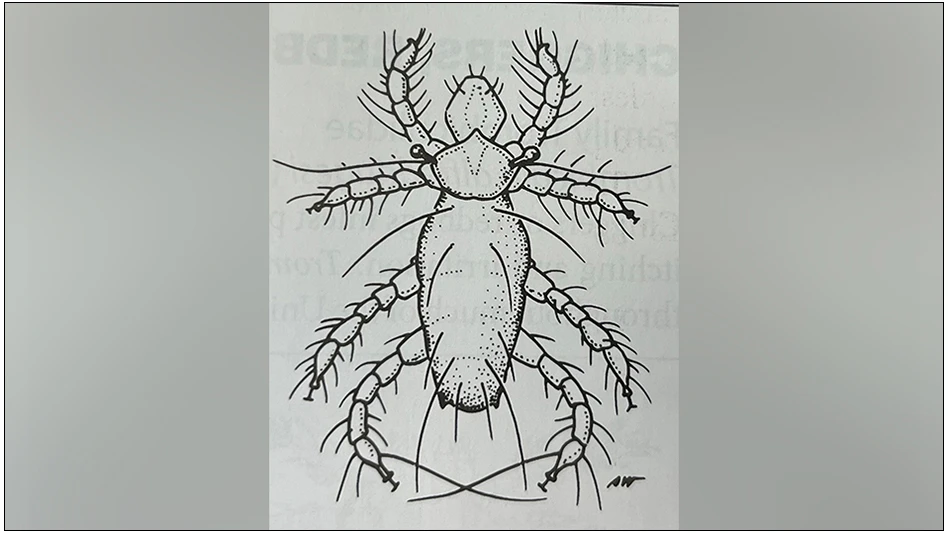There’s something brewing at Starbucks and it’s not just coffee. Last month, at the company’s annual meeting, CEO Howard Schultz made a compelling case for linking a firm’s financial success to its role as a responsible corporate citizen, citing Starbucks as an example. Given the recent Wall Street abuses that crippled the U.S. economy, his message of moral capitalism is long overdue, but one — not surprisingly — pest management professionals have embraced for decades.
“For any company operating today, profitability cannot be the sole measure of success,” Schultz said. “Delivering long-term shareholder value is essential. But today’s increasingly complex world requires companies — including Starbucks — to hold ourselves to higher standards. Amidst continued worldwide economic uncertainty, Starbucks has demonstrated that it will continue to build shareholder value, but never before has that value been more closely aligned to our values. Simply put, the value of your company is driven by your company’s values.”
How does Starbucks, as a corporate entity, and its employees, as individuals, embody these values? They do so in a number of ways, according to the company’s 11th Annual Global Responsibility Report:
- Through its Youth Action Grants, Starbucks has engaged 50,000 young people in community activities.
- In 2011, the company reduced energy consumption 7.5% over 2008 levels.
- Starbucks employees donated 442,000 hours of their time to community service activities, more than doubling the number of hours donated from the year before.
- 75% of its new, company-owned stores are being built to be LEED-certified, with an ultimate goal of 100%.
“This year’s report reflects our strong connection to the communities we serve,” said Cecilia Carter, Starbucks vice president of Global Diversity Policy and Advocacy. “There has never been a more important time to serve as a catalyst for change in ways that make a positive difference.”
Perhaps because pest control businesses are linked so profoundly to their local communities — both financially and emotionally — it’s a message that has long resonated with PMPs. In fact, while reading Howard Schultz’s comments, I was reminded of John Cook, Sr., the longtime patriarch of Cook’s Pest Control. “I was never motivated by money; that has not been my objective,” Cook said before passing away in 2009. “For me, adding another truck and pest control route meant creating another job for someone or income for a family.” It also meant introducing another person to the company’s corporate culture, which nurtured and supported community involvement, a higher calling than simply the pursuit of personal wealth.
Capitalism, in and of itself, is not bad. It’s what has enabled the United States to become the largest economy in the world. I’ve benefited personally from the fruits of capitalism. Thirty-one years ago, when I joined GIE Media, we were a modest, start-up business employing four people working out of a single-room loft above a local restaurant. Today, we publish more than a dozen magazines and employ more than 80 people, supporting scores of families. Watching those families grow and prosper and contribute to their respective communities has been the single most gratifying professional experience of my life, and it’s all due to the gift — and power — of capitalism.
It’s when we lose our moral compass as companies, or as individuals, when we put profits and personal aggrandizement above all else, that we suffer collectively. The pest management industry understands this basic contract with society, perhaps because pest control companies have such an intimate relationship with their customers and the communities they serve. Paul Jackson, a staff writer for The Northwestern Chronicle, puts it best: “There are good CEOs and good companies, moral corporations; there is moral capitalism because as moral beings even our self-interest is moral in itself, but only if we see ourselves as humans reflecting humanity, one to another. How we function as a society, economy and polity has to do with Us: the market reveals Us and shows what kind of people we are. Indeed, the market is a test, a proving ground for your heart in search of the question — just how moral are you?”
The author is publisher of PCT magazine.

Explore the April 2012 Issue
Check out more from this issue and find your next story to read.
Latest from Pest Control Technology
- FORSHAW Announces Julie Fogg as Core Account Manager in Georgia, Tennessee
- Envu Introduces Two New Innovations to its Pest Management Portfolio
- Gov. Brian Kemp Proclaimed April as Pest Control Month
- Los Angeles Ranks No. 1 on Terminix's Annual List of Top Mosquito Cities
- Kwik Kill Pest Control's Neerland on PWIPM Involvement, Second-Generation PCO
- NPMA Announces Unlimited Job Postings for Members
- Webinar: Employee Incentives — Going Beyond the Annual Raise
- Pest Control Companies Helping Neighbors in Need Eradicate Bed Bugs







